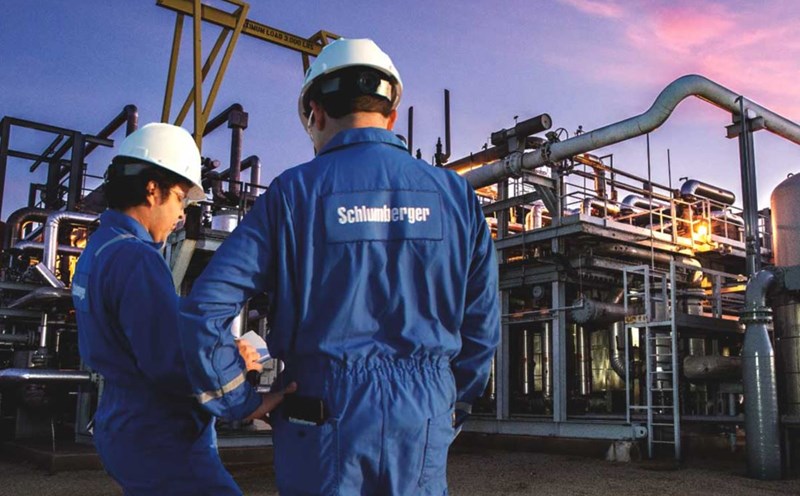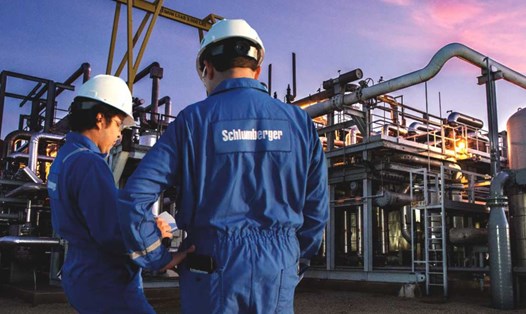This regulation is aimed at preventing software and equipment from foreign competitors from being used on vehicles in the US, according to an announcement from the US Department of Commerce on January 14.
The ban applies to smart cars built after 2027 by manufacturers closely linked to Russia or China, even if the cars are assembled in the U.S. Software restrictions will take effect in 2027, while hardware restrictions will be in place from 2030. For vehicles without a specific year of manufacture, the ban will begin on January 1, 2029.
According to SCMP, this regulation currently only applies to vehicles under 4,536kg, due to the complex commercial vehicle supply chain in the US. The US Department of Commerce said it will soon announce separate regulations for commercial vehicles such as trucks and buses.
The decision follows a lengthy review process that included consultations with industry experts and public comment. The Biden administration had previously proposed in March 2024 to phase out Russian and Chinese technologies in vehicle autonomous driving and communications systems.
Commerce Secretary Gina Raimondo stressed that the new regulations are necessary to protect national security and prevent adversaries from exploiting technology to access drivers’ sensitive personal information. She explained that modern vehicles are equipped with cameras, microphones, GPS and Internet-connected devices, creating a potential risk for a large portion of the American population.
“This is a targeted approach to ensure we keep Russian and Chinese-made technologies off American streets, while protecting our nation’s connected vehicle supply chain,” Raimondo said.
At an event at the Center for Strategic and International Studies, US Deputy Secretary of Commerce Alan Estevez also warned about the potential for smart car data to be exploited by adversaries. “Your car knows more about you than your friends or family because it tracks where you go,” he said. “If the software is compromised, the car could pose a threat to critical national infrastructure.”
The move comes as the US seeks to boost its domestic auto industry and reduce its reliance on China’s supply chain. Currently, Chinese brands such as BYD and Lotus have manufacturing facilities in the US, while electric vehicles imported from China are subject to a 100% tariff.
The new rule also depends on whether President-elect Donald Trump, who takes office next week, continues the efforts of President Joe Biden's administration.











